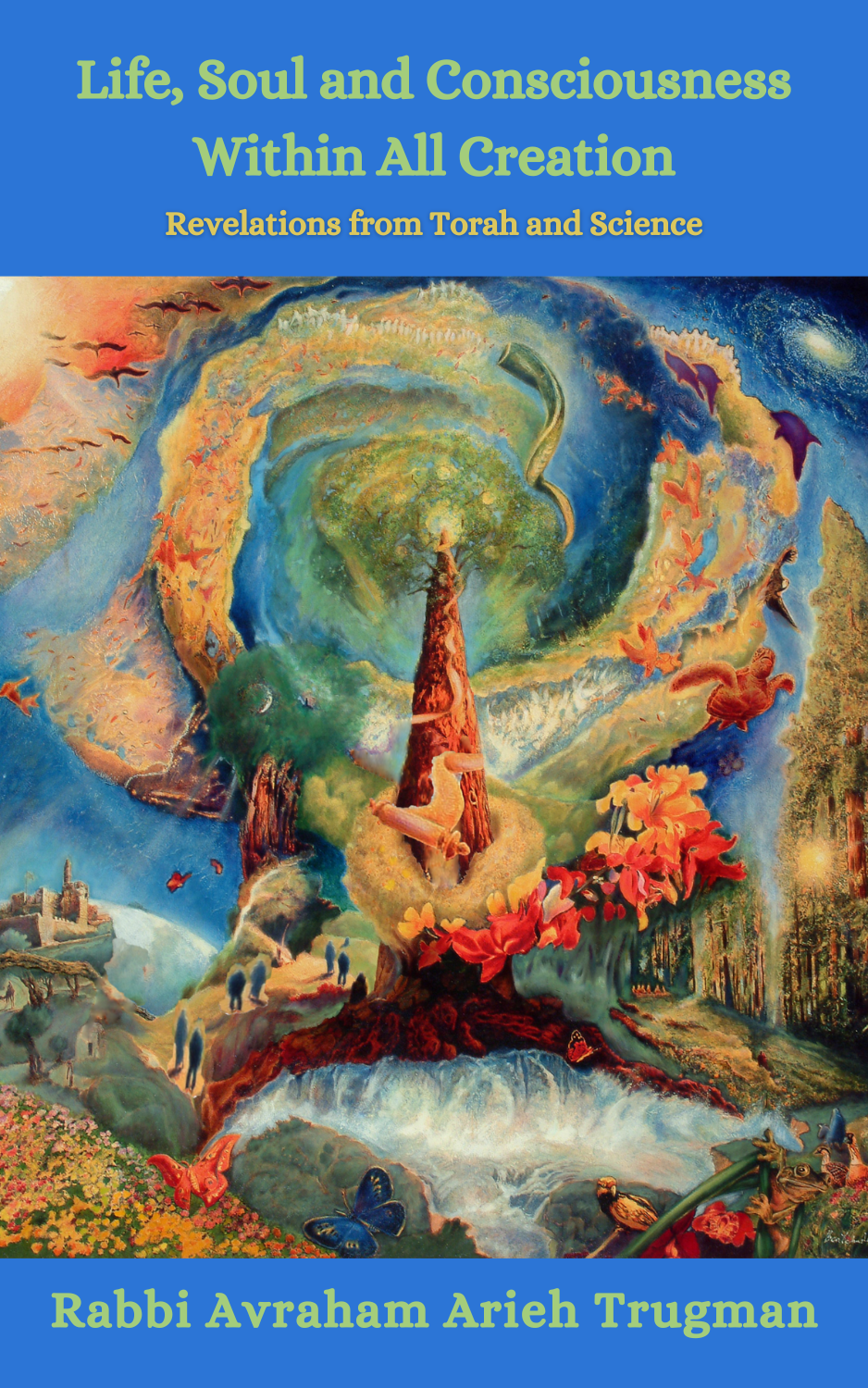We have already mentioned in the portions of Bereishit (“The Ten Divine Utterances of Creation”) and Va’eira (“The Medium is the Message – Patterns in the Torah and the Number Ten”) the intrinsic connection between the ten utterances through which the world was created and the Ten Commandments revealed in the portion of Yitro. To understand this connection more fully we need to review several sources and delve into several concepts that connect the Ten Commandments and the Torah’s account of creation.
At the conclusion of the sixth day of creation, the Torah recounts, “And it was evening and it was morning the sixth (hashishi) day” (Genesis 1:31). Following the other days, the Torah also declares that “it was evening and it was morning” and mentions that it was the “second,” “third,” “fourth,” or “fifth” day, respectively. But on none of these other days is the definite article (“the” [heh]) used to single out the day. Rashi points out that the letter heh is utilized on the sixth day to allude to the fact that the continued existence of creation was contingent on the Jewish people’s acceptance of the Torah at Mount Sinai on the sixth of Sivan. On this day, creation was created anew, as it were, for from its very inception, the only purpose and justification for creation was Torah’s introduction into the world.
The verse introducing the Ten Commandments (Exodus 20:1) – “And God spoke all these things saying” – consists of twenty-eight letters and seven words, the exact number of letters and words in the Torah’s first verse: “In the beginning God created the heavens and the earth.” This correspondence beautifully supports this notion that the Giving of the Torah represents the fulfillment of creation.
The name of God used exclusively throughout the initial account of creation is “Elokim,” the very same name used in the verse introducing the Ten Commandments. The name “Elokim” connotes the mystical act of Divine contraction (tzimtzum). When God “thought” of creating the world, an existential problem became immediately apparent. Since no reality can exist beyond (or outside) the infiniteness of God, where could a finite, “independent” world possibly find “space” to exist? The Arizal explains that God “contracted” Himself, as it were, in order to create, a “vacuum” or womb-like space in which a finite world could then be created. Although creation is an expression of Divine revelation and giving, it is at the very same time predicated on God contracting His infinite essence in order to make space for a finite reality other than Himself.
The revelation of the Ten Commandments mirrors this same paradoxical give and take of revelation and contraction. In order to reveal the Ten Commandments to the Jewish people, and ultimately the entire world, God had to contract and condense His infinite will into finite letters and a limited number of statements that would epitomize His moral and ethical teachings. In giving the Ten Commandments, God transforms the creative energy of creation into a specific moral code for humanity by contracting and condensing His will into concrete and finite letters and commands.
Commenting on the first word in the Torah, bereishit (“in the beginning”), Rashi declares the following: “For [the sake of] Torah which is called the beginning … and for [the sake of] Israel which is called the beginning….” (Rashi on Genesis 1:1). Rashi stresses that the very essence of creation is bound up with the sense of newness and purpose present in the Jewish soul and in the Torah; just as creation is not a one-time event, but ongoing and continual, so is the Jewish people’s learning of Torah. In the Morning Service each day, we declare that God “renews in His goodness every day perpetually the work of creation.” Kabbalah and Chassidut teach that creation is renewed not just every day but at every moment. (As discussed in the portion of Bo, science now confirms this phenomenon; see “Time and the Secrets of Renewal and Innovation.”) Likewise, new insights into Torah are constantly being revealed as well. When Israel came to Sinai the Torah states that “on the [first day of the] third month from when the children of Israel left Egypt, on this day they came to the desert of Sinai” (Exodus 19:1). Noting that it would have been more appropriate grammatically for the verse to read “on that day,” Rashi comments that verse’s use of “on this day” teaches us that the Torah’s words should always be experienced anew as if they were just given today.
When contemplating the above sources, a potent underlying theme emerges. By connecting to God, Torah, and mitzvot, we essentially plug ourselves into the very act of constant re-creation. This realization alone (along with its integration) should suffuse our lives with an abiding newness. However, even more profoundly, this connection to God, Torah, and mitzvot promotes renewal and rejuvenation because it provides human beings with something they all too often lack – a purpose. The over-all lack of purpose in life is one of the greatest contributors to boredom and destructive behavior. When human beings have purpose and direction in life, every moment is a unique opportunity to fulfill those aspirations. This then is the Jewish people’s mission in the world – to receive, act upon, and ultimately reveal this message contained in the Torah to the world – so that the world continues to be worthy of existing.







